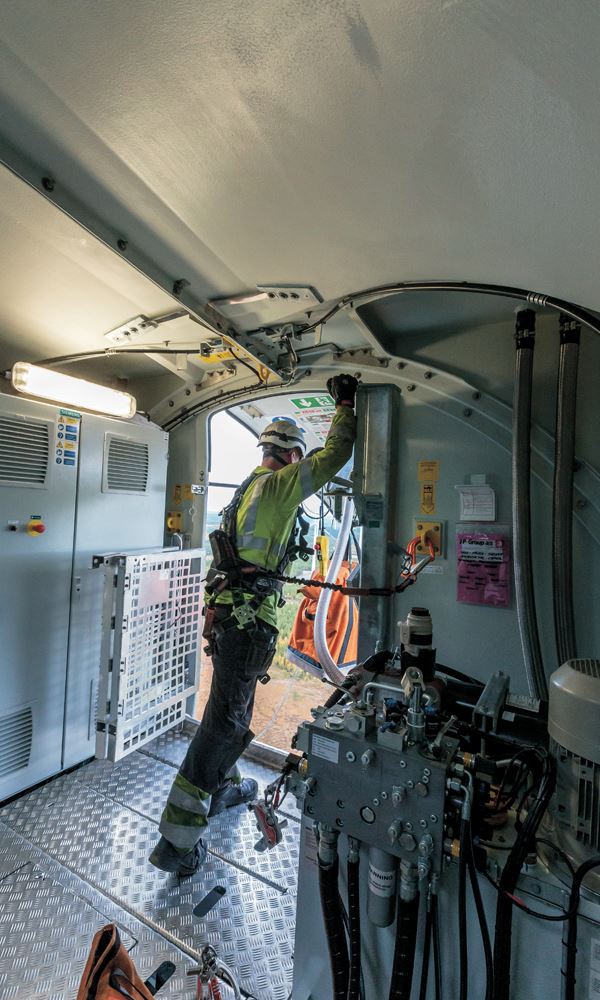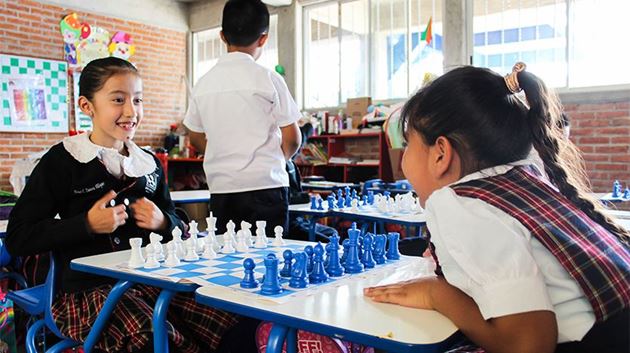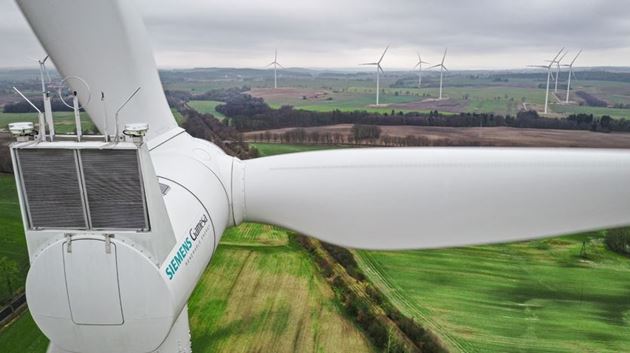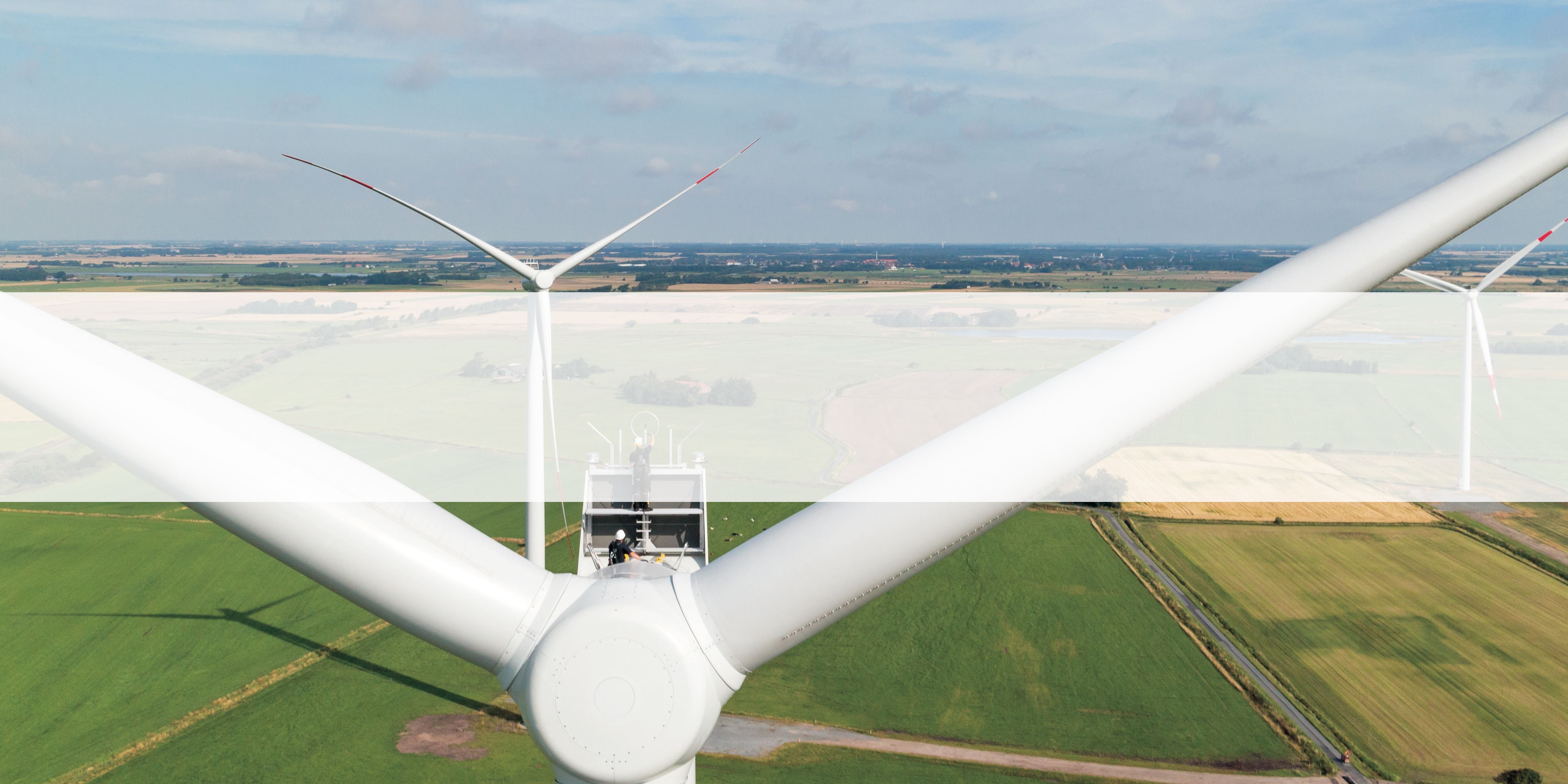
Containing a crisis: One region’s response to Covid-19
When faced with a global health challenge, the Siemens Gamesa Service organization’s Northern Europe / Middle East region looked inward for solutions.
As with most sectors, the Covid-19 pandemic has critically impacted power generation as a whole. For essential workers like wind service technicians, however, stopping work was never an option. The quest to find innovative ways to keep the lights on inspired one region to pull together and collectively determine a way forward.
Do you have interesting topics for our renewable energy journal? Are you interested in renewable products made by Siemens Gamesa? Or are you thinking about joining our team? Please do not hesitate to contact us.
info@siemensgamesa.comAccording to Dennis, this enviable position was only achieved because people throughout the region collaborated to overcome the barriers erected by the virus, as well as those existing within the organization itself. “The crisis has forced us to self-reflect and adopt new ways of working, including several suggested by colleagues on the front line at our wind farms,” he relates.
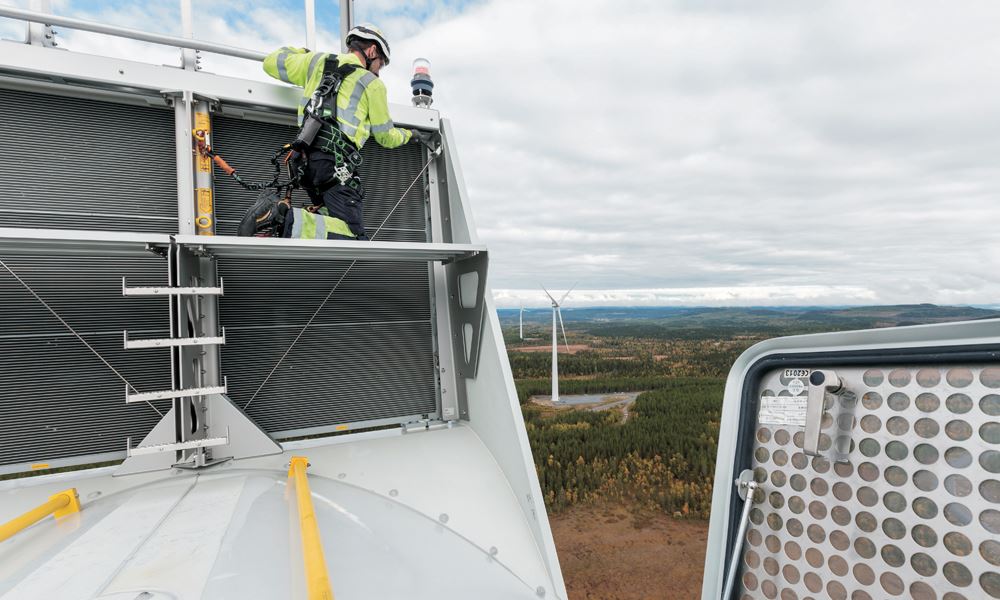
Ideally, this ongoing online conversation between management and workforce acts as a kind of virtuous feedback loop: managers suggest a way forward, front-line workers who feel confident that their voices will be heard suggest changes, and this feedback is reflected in the next wave of leadership directives. The process serves to unite the organization in an authentic way and generates trust as a byproduct.
The crisis has accelerated technical innovations within the region as well. “Accessibility to the turbines is not what it was before the pandemic,” admits Dennis. “We can’t send an army of experts out to the wind farms, and we have to be selective about the activities we perform on site, due to the volume of pandemic protocols.” This affects preventative maintenance in particular, which relies on product quality inspections inside the turbines, focusing on their mechanical, electrical, and hydraulic systems. Though these inspections may not be deemed critical, they are still important and require the involvement of trained specialists.
To work around Covid-imposed constraints, the region has developed a new remote inspection program. On-site technicians use cameras to provide video feeds for review by a “super inspector” located far away, who then delivers remediation steps to the technicians in real time. “This is an innovation that we’ll probably keep even after the coronavirus crisis has subsided,” Dennis says. “We can cover a lot more turbines using this approach, which allows us to ensure a higher level of service by virtually introducing Quality Technicians on site.”
Around the globe, the public health pandemic has pushed organizations to evolve and adapt.
